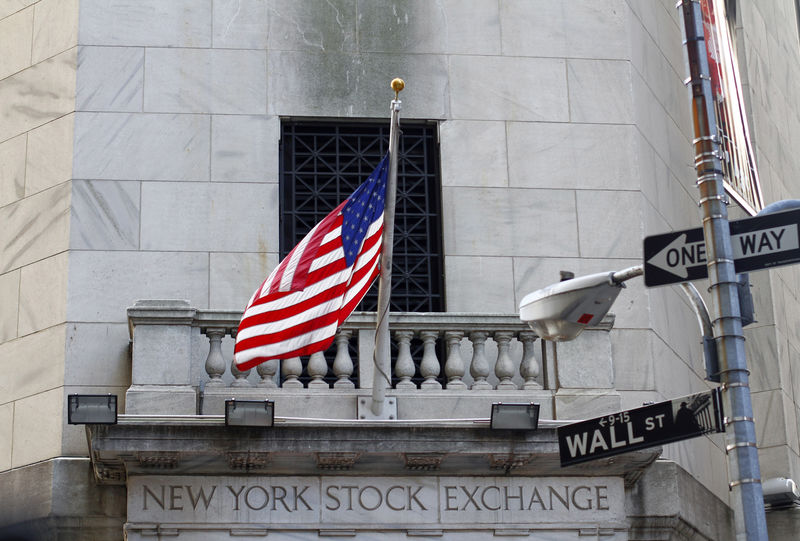This post was originally published on this site
https://i-invdn-com.akamaized.net/trkd-images/LYNXMPEF9U0ZJ_L.jpg
(Reuters) – Intercontinental Exchange Inc (N:), which owns the New York Stock Exchange, beat analysts’ estimates for third-quarter profit on Thursday, buoyed by strength in its trading and clearing business and data services unit.
U.S. markets were volatile in the quarter due to uncertainty around the U.S.-China trade spat. This helped exchange operators such as ICE, who make most of their money from clearing and settling trades.
Revenue from the exchange operator’s biggest business, trading and clearing, rose 22.2% to $929 million
Revenue at the data services unit, which publishes daily indexes and historical price data, increased 4.3% to $553 million.
Net income attributable to the company rose to $529 million, or 94 cents per share, in the third quarter ended Sept. 30, from $458 million, or 79 cents per share, a year earlier.
Excluding one-time items, Intercontinental Exchange posted a profit of $1.06 per share, while analysts expected 96 cents per share, according to IBES data from Refinitiv.
Total revenue, excluding transaction-based expenses, rose 11.3% to $1.34 billion.
Fusion Media or anyone involved with Fusion Media will not accept any liability for loss or damage as a result of reliance on the information including data, quotes, charts and buy/sell signals contained within this website. Please be fully informed regarding the risks and costs associated with trading the financial markets, it is one of the riskiest investment forms possible.

